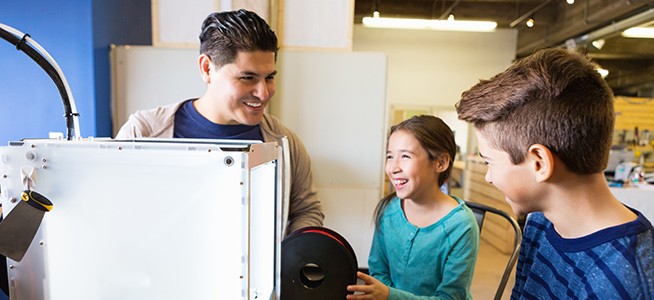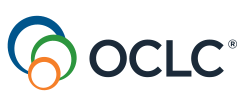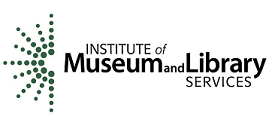Transforming School Library Practice: A School Librarian's Information Shelf: Inquiry-Based Learning (IBL)
Inquiry-based learning is a pedagogical approach that emphasizes students' questions, ideas, and observations. School librarians play an important role in collaboration with teachers to provide resources that encourage students to think, explore, and interpret along their own paths of inquiry. School librarians have special expertise in the inquiry and research processes and can share this knowledge with teachers. In the process of facilitating student-led learning, librarians have opportunities to teach other essential information literacy skills. IBL models align with AASL National Standards.
The IBL model intersects with related approaches: Project-based Learning (PBL) and Connected Learning. All these strategies empower the student to pursue what interests them and take ownership of their learning path.
Learn how to get the most out of the School Librarian's Information Shelf in this recent webinar
Show details
23 May 2023
School Librarians Lead Learning and Transformation
Join this webinar for an introduction to the School Librarian’s Information Shelf and to learn more from practitioners who have applied transformative practices to their school libraries.
- Time: 3:00 PM – 4:00 PM Eastern Daylight Time, North America [UTC -4]
This event has passed. View the archive.
“Students are able to think independently and realize their potential by pursuing interests, making connections, developing understanding, and becoming lifelong learners because of the opportunities the library presents to collaborate and to link curriculum standards together with learning.”
TSLP grantee Deanna Sutterfield
Librarian, Osage County Interlocal Cooperative/Osage Hills, OK
IBL Models
Video
Inquiring Minds Want to Know: Inquiry-Based Learning in the School Library - Lori Donovan (38:47)
This in-depth video provides a thorough explanation of Inquiry-Based Learning (IBL), particularly how it differentiates from Project-Based Learning. Lori Donovan walks viewers through the various aspects of IBL: the benefits and purpose, four main process models, and recommendations on how to plan and implement an IBL unit in a school library. Donovan offers insights into ways to think about the IBL process that are helpful for accommodating a variety of students and learners. She also establishes connections between IBL and AASL standards as well as the role of the school librarian in IBL work. Download Transcript (5,614 words).
PDF
Inquiry-Based Learning Resources
This index points to a variety of web-based resources that explain and expand upon the concept of Inquiry-Based Learning. Of particular interest to school librarians:
IBL in Practice
Article
Linking Librarians, Inquiry Learning, and Information Literacy by Keith Curry Lance and Leslie K. Maniotes (March 2020)
This article provides evidence that when school librarians implement inquiry-based learning as part of their information literacy curriculum, students are much more likely to learn additional skills related to being responsible digital citizens, including critical thinking, use of multiple sources, and acting ethically online. This evidence expands upon already existing information supporting the benefits of having school librarians on-site and engaged with students on a regular basis.
Community engagement
Where do you go for inspiration? Invigorate your community engagement efforts with advice from library leaders.






